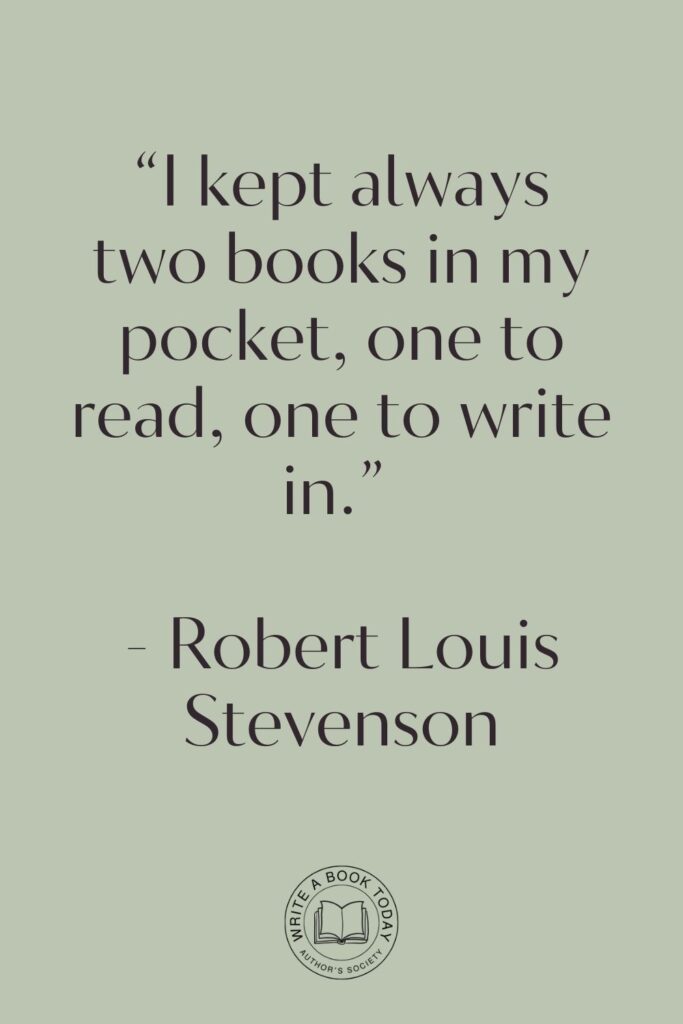Picture this: You’ve poured your heart and soul into a manuscript, crafting each word with care, only to find yourself at the daunting threshold of the publishing world.
Here, literary agents stand as gatekeepers, holding the keys to your dreams of seeing your book on the shelves.
But what do these elusive figures truly seek in a manuscript?
Understanding their preferences can be as mysterious as the plot twists in a gripping novel.
Yet, fear not! We are about to embark on a journey to unravel the enigma of literary agents manuscript preferences, providing you with insights that may surprise you and guide you toward success.
Understanding Literary Agents
Before diving into the nitty-gritty of manuscript preferences, it’s essential to grasp the role of literary agents in the publishing ecosystem.
They are the matchmakers of the literary world, bridging the gap between writers and publishers. Their expertise lies in identifying promising manuscripts and negotiating deals that benefit both the author and the publisher.
The Role of Literary Agents
Imagine literary agents as the conductors of a symphony, orchestrating the intricate dance between authors and publishers.
They evaluate manuscripts, considering factors like market trends and audience appeal, to determine if a book has the potential to captivate readers.
Their role extends beyond mere representation; they provide editorial guidance, helping authors refine their work to perfection.
With a keen eye for talent, agents are instrumental in transforming raw manuscripts into polished gems ready for the literary spotlight.

Common Misconceptions about Literary Agents
Many aspiring authors harbor misconceptions about literary agents. A prevalent myth is that agents only seek established authors or those with vast social media followings.
In reality, agents are on the lookout for fresh voices and unique stories, regardless of an author’s prior fame.
Another misconception is that agents are solely driven by profit. While marketability is crucial, agents are passionate about literature and often take risks on unconventional works that resonate with them.
What Agents Truly Value in a Manuscript
As you embark on the path to publication, understanding what literary agents value in a manuscript is paramount.
Beyond the basics of grammar and structure, agents seek elements that set a manuscript apart, making it impossible to put down.
Google Docs is for notes. Scrivener is for novels. Upgrade your writing game and try it for free today!

The Importance of a Distinctive Voice
A distinctive voice is the heartbeat of a compelling manuscript. It’s the unique style that distinguishes your writing from others, much like how a signature melody defines a composer.
Agents are drawn to manuscripts where the author’s voice resonates with authenticity and originality. This voice breathes life into the narrative, captivating readers from the first page to the last.
Crafting Compelling Characters
Characters are the soul of any story. They are the companions who accompany readers on their literary journey, leaving a lasting impression long after the final chapter.
Agents seek manuscripts where characters are multi-dimensional, with relatable flaws and strengths. A well-crafted character can evoke empathy, anger, or joy, making the story unforgettable.

Building an Engaging Setting
An engaging setting acts as the backdrop against which the story unfolds. It should be vivid and immersive, allowing readers to step into a different world.
Whether it’s a bustling city or a serene countryside, the setting should enhance the narrative, becoming a character in its own right. Agents appreciate manuscripts where the setting is intricately woven into the story, enriching the reader’s experience.
Structure: The Backbone of Your Manuscript
Structure is the scaffolding that supports your story, ensuring it stands tall and captivating. A well-structured manuscript maintains a balance between pacing and tension, guiding readers through the narrative seamlessly.
Agents look for manuscripts where the structure enhances the plot, keeping readers engaged from beginning to end.
When crafting your manuscript, focus on developing a distinctive voice that reflects your unique perspective. Experiment with different styles and tones to find what resonates best with your story.
Remember, your voice is what sets you apart and captivates literary agents.
Marketability and Audience Appeal
In the competitive world of publishing, marketability is a critical factor that agents consider when evaluating manuscripts. They seek stories that not only captivate but also resonate with a specific audience.
Understanding your target audience and tailoring your manuscript to meet their expectations can significantly enhance its appeal.
How to Ensure Your Manuscript Stands Out
To ensure your manuscript stands out, it’s essential to strike a balance between creativity and commercial viability. Consider the current trends in the publishing industry and identify how your story fits within them.
Highlight unique elements that differentiate your manuscript from others in the genre, making it irresistible to both agents and readers.
| Key Elements | Considerations |
| Genre | Ensure your manuscript aligns with popular genres or sub-genres. |
| Target Audience | Identify your target readers and tailor your story to their preferences. |
| Unique Selling Point | Highlight what makes your manuscript distinct and appealing. |
Research the market to identify trends and gaps that your manuscript can fill. Understanding what readers are currently interested in can help you position your story effectively.
Consider how your manuscript can offer a fresh perspective on popular themes.
No marketing platform? No social following? No problem!
Publisher Rocket helps you market your debut novel like a pro.
It’s a gamechanger for debut authors – try it today!


The Query Letter: Your First Impression
Your query letter is the first impression you make on a literary agent. It’s your opportunity to showcase your manuscript and convince the agent to request more.
A well-crafted query letter can open doors to representation and publication.
Crafting a Captivating Query Letter
A captivating query letter should be concise, engaging, and tailored to the agent you’re addressing. Begin with a hook that captures the agent’s attention, followed by a brief synopsis of your manuscript.
Highlight the unique aspects of your story and explain why it’s a perfect fit for the agent’s interests. Remember to include a short author bio that establishes your credibility.

Personalization: Why It Matters
Personalizing your query letter demonstrates professionalism and genuine interest in the agent’s representation. Mention specific reasons why you’ve chosen to query that particular agent, such as their previous work or areas of interest.
Personalization shows that you’ve done your homework and are serious about your writing career.
- Address the agent by name and spell it correctly.
- Mention a book they represented that you admire.
- Explain why your manuscript aligns with their interests.
Before sending your query letter, ensure it’s free of grammatical errors and typos. A polished query letter reflects your attention to detail and professionalism.
Consider having a trusted friend or colleague review it before submission.
Follow-Up Etiquette with Agents
Once you’ve submitted your query letter, patience is key. Agents receive numerous submissions and may take time to respond. If you haven’t heard back within the expected timeframe, a polite follow-up email is appropriate.
Keep it concise and professional, expressing continued interest in their representation.
Navigating Rejections and Building Resilience
Rejections are an inevitable part of the publishing journey. Instead of viewing them as setbacks, see them as opportunities for growth.
Each rejection brings you closer to finding the right agent who resonates with your work. Embrace feedback and use it to refine your manuscript and query letter.
Feeling lost with your debut novel?
Fiverr Pro connects you with expert editors, designers, and marketers – everything you need to get your book ready for success!

The Path to Representation: What Comes Next?
Once an agent expresses interest in your manuscript, the journey to representation begins. The agent may request a full manuscript and offer feedback for revisions.
If both parties agree on the terms, a formal representation agreement is signed. From there, the agent will pitch your manuscript to publishers, advocating for your work throughout the process.
Conclusion: Empowering Your Writing Journey
Embarking on the journey to publication is a thrilling adventure filled with challenges and triumphs. By understanding literary agents manuscript preferences and aligning your work with their expectations, you can navigate the path to success.
Remember, each step you take brings you closer to sharing your story with the world. Embrace the process, learn from each experience, and continue honing your craft.
With determination and resilience, your writing journey will lead you to the literary destination of your dreams.








